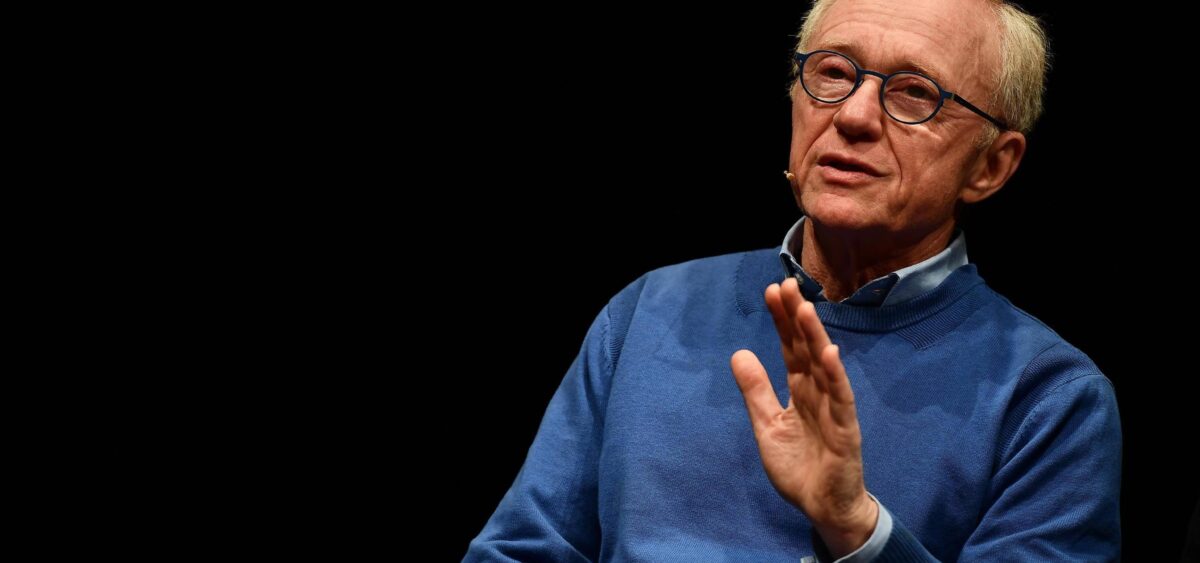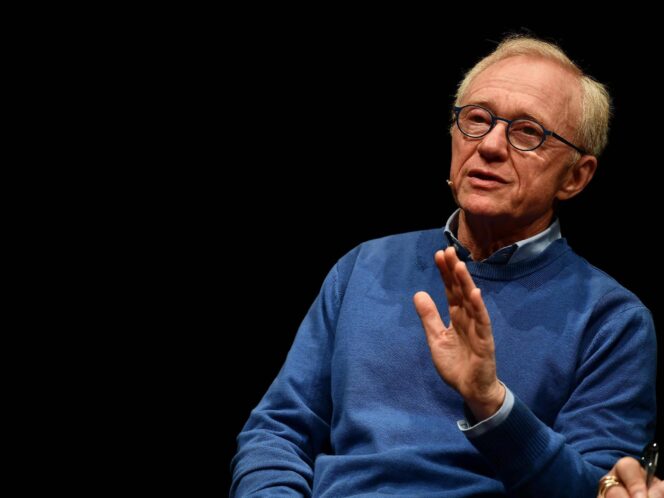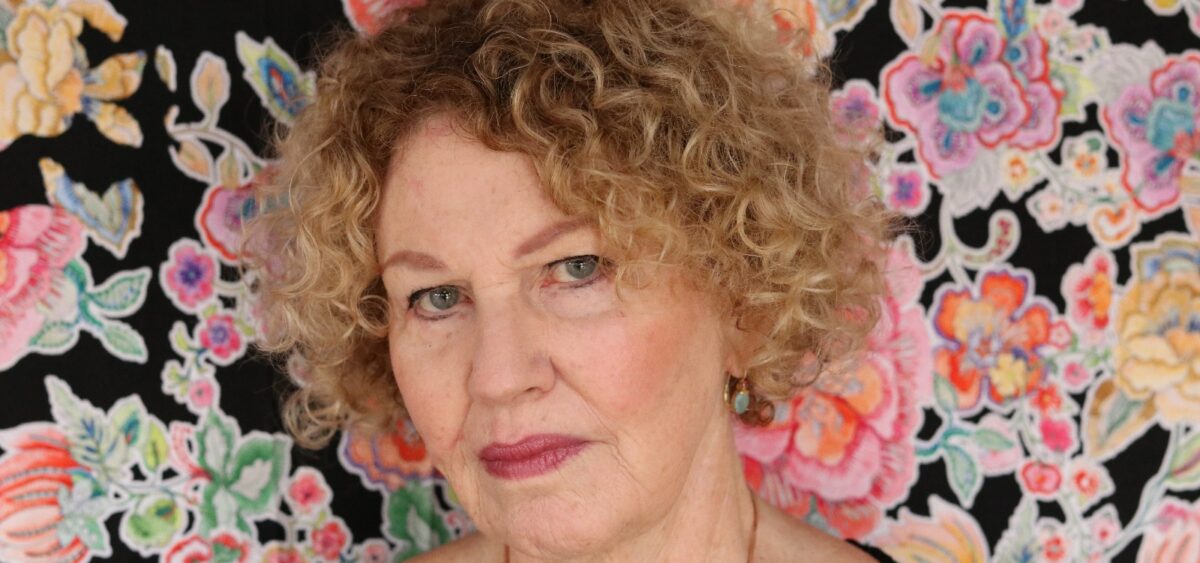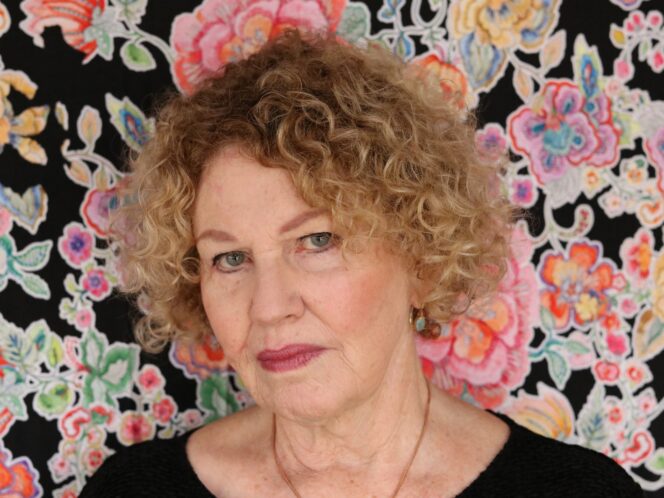
Łukasz Saturczak: In his autobiographical book A Tale of Love and Darkness, Amos Oz thus writes about his parents who arrived in pre-war Palestine from Vilnius and Galicia.
He says “Europe for them was a forbidden promised land, a yearned-for landscape . . . words like ‘cottage’, ‘meadow’ or ‘goose girl’ excited and seduced me all through my childhood. They had the sensual aroma of a genuine, cozy world, far from the dusty tin roofs, the urban wasteland of scrap iron and thistles, the parched hillsides of our Jerusalem suffocating under the weight of white-hot summer.” Was the European landscape mythologized in a similar way in your family?
David Grossman: The myth of Europe as such was not felt at all; yet memories of their little homeland, that is Dynów, were cherished—the village, the river, the aroma of freshly-baked bread.
I chose this fragment because, even though you and Oz belong to different generations, your family histories are similar: one parent hailing from Galicia, then emigration to Palestine before World War II, the Shoah, participation in building the new country of Israel from its inception. Was your work mainly influenced by growing up among “the parched hillsides of our Jerusalem” or was it also shaped by the tales of your ancestors—as in the case of the author of Where the Jackal








